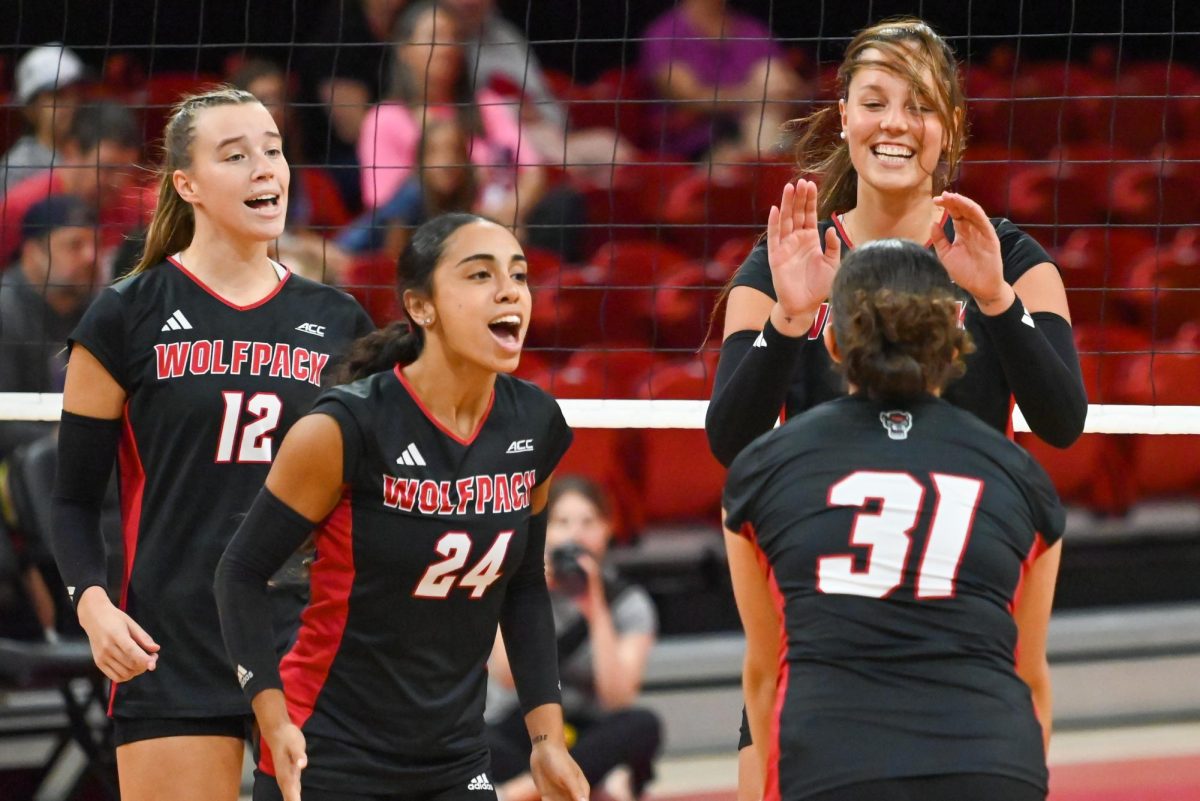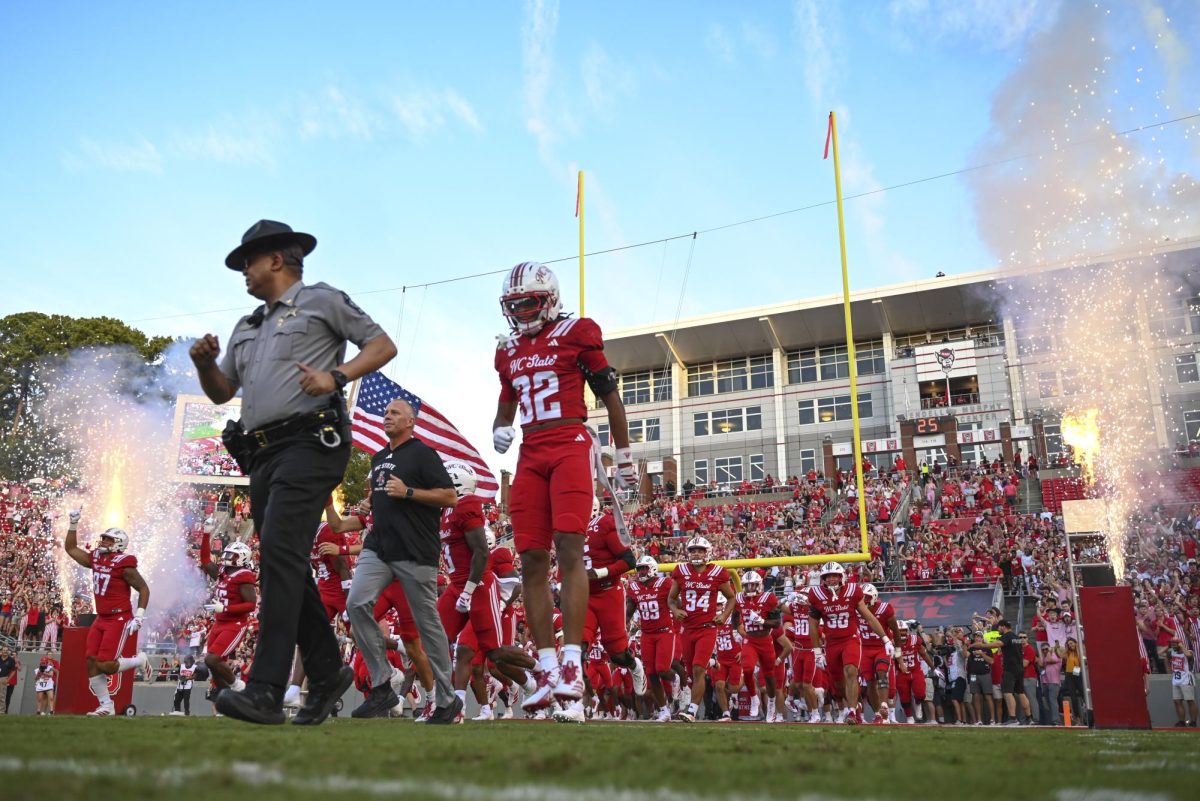It appears that N.C. State is contributing to a national trend in which universities are choosing merit-based scholarships rather than those based on financial need.
According to the International Committee of the Fourth International, need-based scholarships are decreasing nationwide. The decrease in need-based scholarships is due to a decrease in state funding for scholarships as well as the fear that excelling students will choose to leave the state if offered a better option out of state.
As a result, fewer students who have been affected by the financial crisis choose or are able to attend college.
Krista Domnick, director of the Office of Scholarships and Finical Aid, said that 68 percent of enrolled N.C. State students applied for financial aid for the 2012-13 school year and that of those, 52 percent received financial aid through FAFSA.
It is unclear which type of scholarship is more popular at N.C. State, however, a survey done by Foundations Accounting and Investments in December 2012 found that about 60 percent of N.C. State’s scholarship endowments were based on merit, according to Domnick.
The ICFI study found that 29 percent of state-funded scholarships are now based on merit, the highest percentage ever recorded, and that the percentage of scholarships based on need decreased to 70.8 percent compared to the previous academic year.
Both are important to having a diverse student body, according to Domnick.
“Both types of scholarship funding are important and play a role in shaping the class at N.C. State,” Domnick said. “N.C. State is fortunate to have committed donors that recognize the need to support students in a variety of ways.”
Among the merit-based scholarships are the prestigious Parks Scholarships and the Caldwell Fellowship program.
The Goodnight Scholarship is a blend of merit and need-based aid. Out of all the admission applications received by the University, 500 are chosen based on merit. Those 500 college applicants are then invited to apply for the scholarship and 50 will receive it as long as they demonstrate financial need, according to Jen Foster, the director for the Goodnight Scholars Program.
The Goodnight Scholars Program is not only targeted toward education or STEM majors, but also students coming from middle class homes, Foster said.
Donors to the program said they believe that students coming from low income families tend to receive federal aid and that students coming from high income families could afford to pay for college, but that middle class applicants were often limited in their options, Foster said.
“I feel that both merit-based scholarships and need-based scholarships have an important role to play,” Foster said. “Merit-based awards help to recruit outstanding students who otherwise might not consider N.C. State. Need-based awards help to make a college education affordable for those who otherwise would struggle to afford the cost of college.”
Mike Davis, the coordinator for scholarships and strategic partnerships from the General H. Hugh Shelton Leadership Center, said that the scholarships offered by the center are neither based purely on merit or financial need. Instead, the scholarships are geared toward students who embody the leadership and service skills the center is looking for.
And though some people can argue that the center should consider adding financial need as a prerequisite for its scholarships, Davis said that the requirements for each scholarship are set by the donor and the Shelton Leadership Center has no input on how the endowment is distributed.
N.C. State also offers the Pack Promise, a financial aid package rather than a scholarship for students who demonstrate financial need according to the FAFSA.
The Pack Promise is “making a promise that every North Carolina resident admitted to N.C. State, regardless of income, will have access to a quality education and become part of the Pack,” according to the Office of Scholarships and Financial Aid’s website.
The program is designed to ensure that the students who demonstrate the most financial need will have 100 percent of their demonstrated needs met. To be eligible, students must have a family income at or below 150 percent of the federal poverty line.




